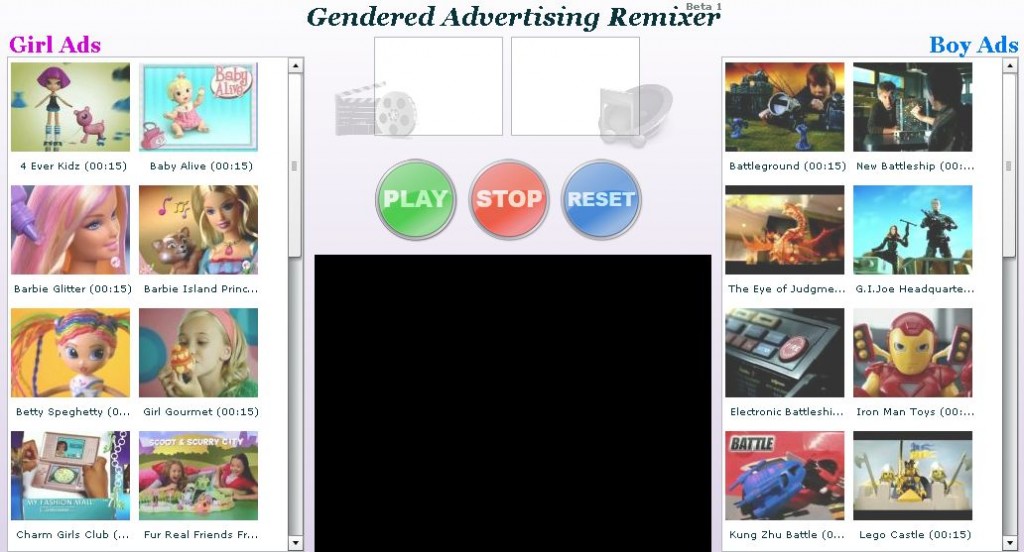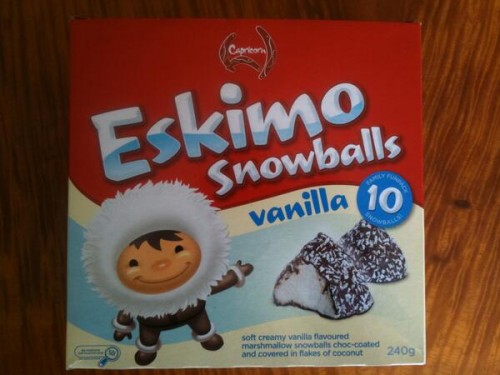Joanna S. sent us a link to an application designed by Jonathan McIntosh where one can “re-mix” toy commercials aimed at boys versus girls. You choose the visuals of one and the sounds of another, and have fun watching the wackiness. We can’t embed the fun results, but you might enjoy visiting and playing a few for fun.
Lisa Wade, PhD is an Associate Professor at Tulane University. She is the author of American Hookup, a book about college sexual culture; a textbook about gender; and a forthcoming introductory text: Terrible Magnificent Sociology. You can follow her on Twitter and Instagram.
















